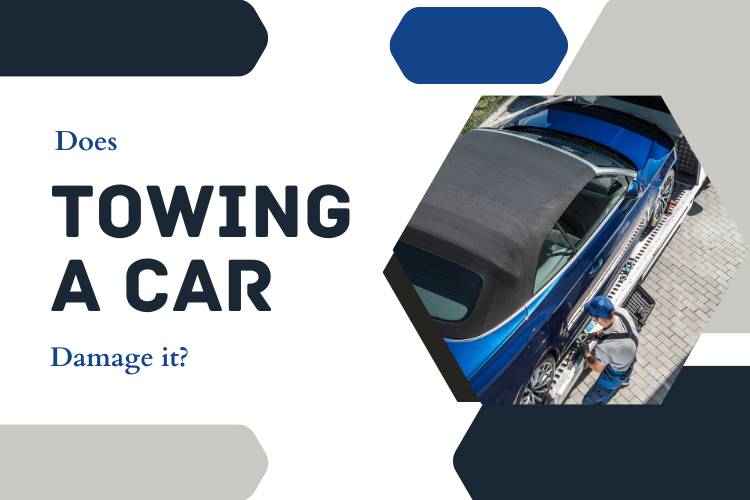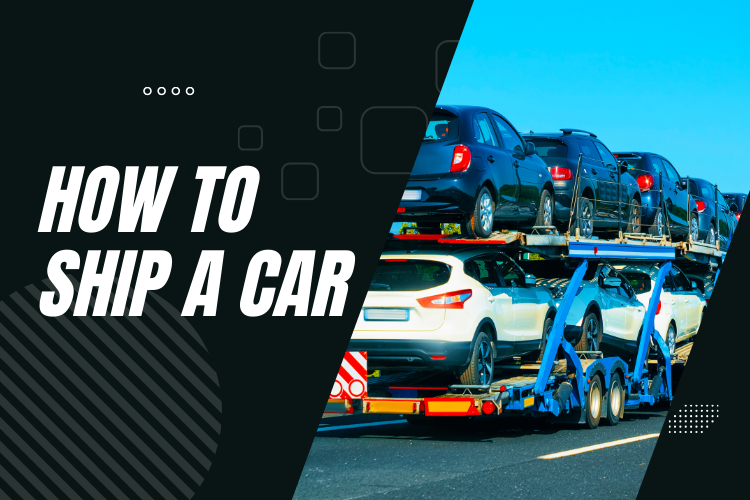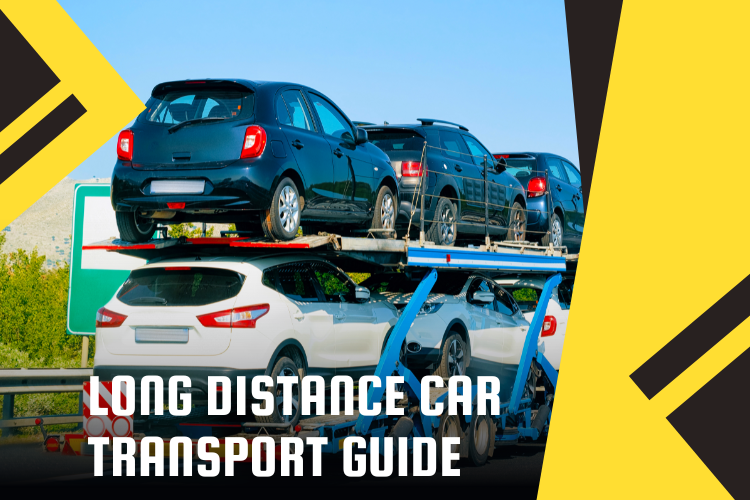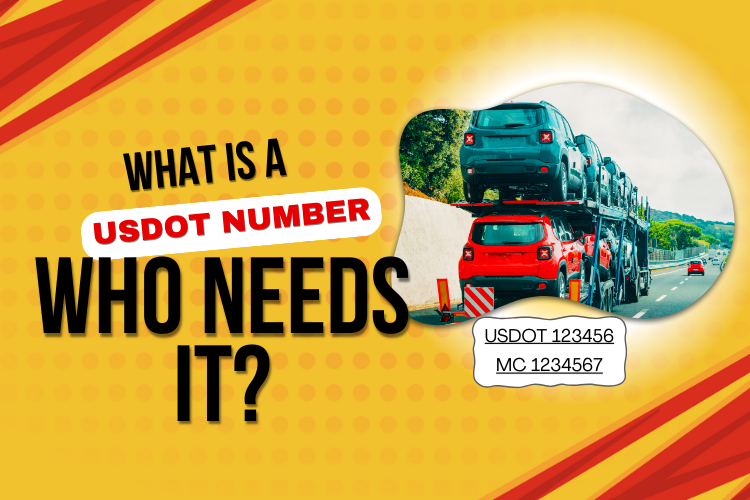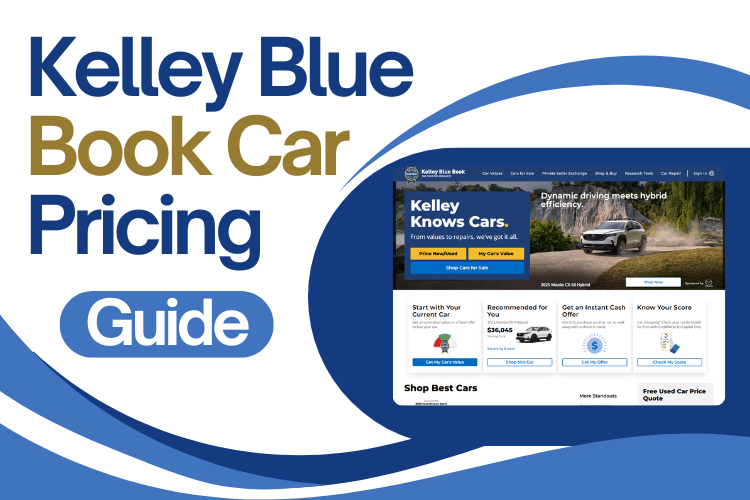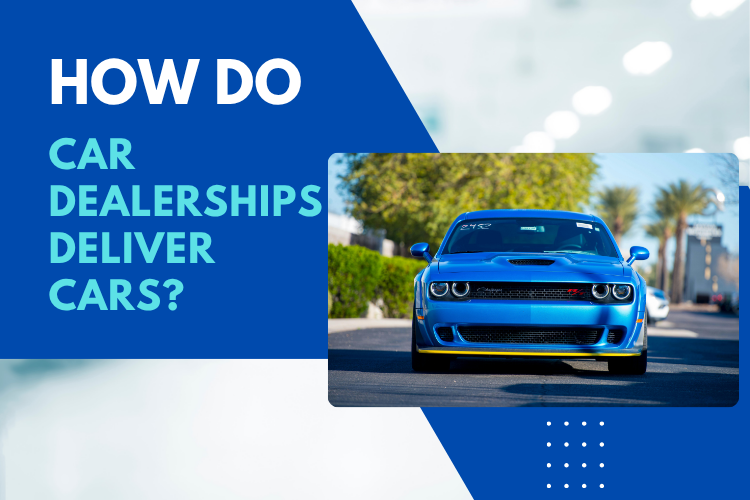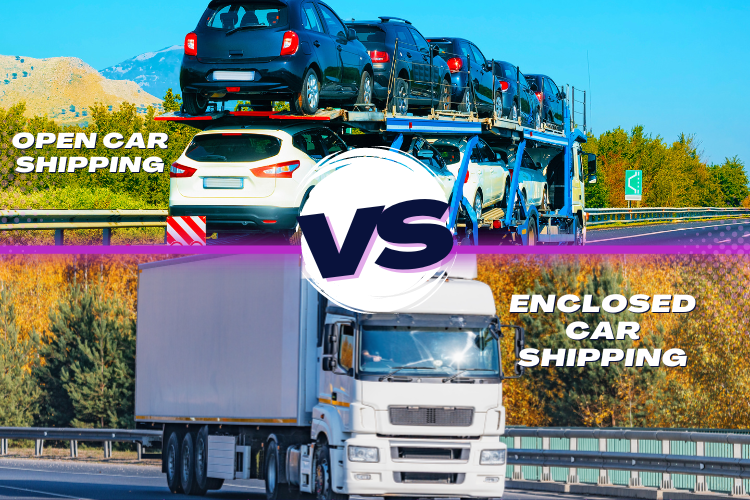Did you know an estimated 55,000 vehicles are towed on a daily basis in America? This number is expected to grow as the average age of a vehicle in America is 12.1 years. One thing a car driver dreads is damage to the car. It’s very likely that at some point, you may require roadside assistance, or you may need to move a vehicle long distance.
Does towing damage a car? The idea of towing a car may make you anxious. However, a tow truck can be a lifeline when a car becomes inoperable on a dark stretch of road on a rainy night, although we grow impatient for the trucks to arrive. This feeling is quickly assuaged when we see the tow driver all prepped up with the right equipment.
Seeing those jumper cables, a can of gas, or a tire iron to change the flat calms the anxious mind. In this article, we’ll explore the potential risks of towing, the types of damage that can occur, and how to protect your car during the towing process. Keep reading to familiarize yourself with the facts and tips to keep your vehicle safe.
Key Takeaways
- Towing can cause damage, particularly to your car’s mechanical parts or its exterior, if not done correctly.
- Mechanical issues like transmission or engine damage are common risks when towing improperly.
- Cosmetic damage, such as scratches or dents, can occur if the car isn’t securely attached.
- You can prevent damage by choosing the right type of tow, checking your car beforehand, and ensuring it’s properly secured during transport.
- Alternative options for car transportation, like professional auto shipping, can minimize the risks of damage.
In This Guide:
- Does Towing Damage A Car?
- Can Towing Damage a Car?
- Types of Towing Damage
- How to Prevent Car Damage When Towing?
- What Are Other Options for Car Transportation?
- Factors To Consider Before Towing Your Car
- Preventing Car Tow Damage FAQs
Does Towing Damage A Car?
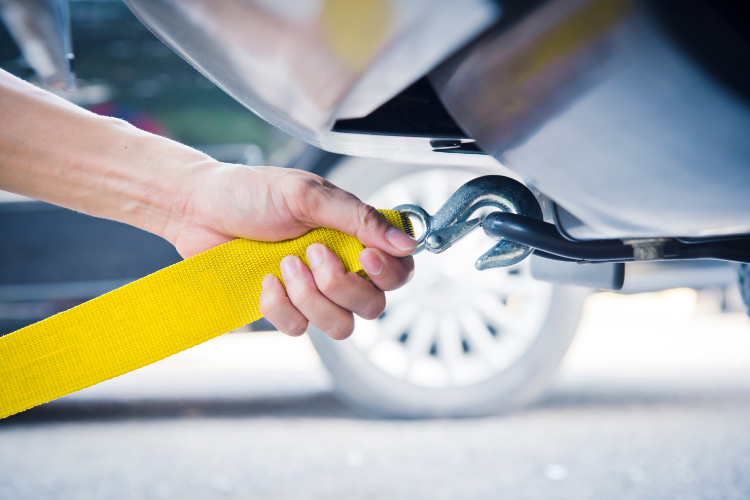
Yes, towing can damage a car, but only if done incorrectly. You must have heard people discussing how a tow truck damaged my car. In a lifetime, you may encounter situations where you will need your car towed by a tow truck or a trailer, whether it be through AAA Towing or another service. Either way, improper handling can result in harm to your vehicle.
The risks vary depending on the type of tow, the vehicle’s condition, and how it is secured during the process. Once you understand the types of damage and how to prevent them, you can ensure your vehicle remains safe while being towed.
Can Towing Damage a Car?
We have already established an affirmative response to the question: does towing damage a car? But terms and conditions apply. There are many reasons why your vehicle may need towing services.
Perhaps you were taking a long road trip, and your car broke down in the middle of the road. Or your fuel gauge was faulty and surprised you by dropping to empty, and you needed an escort service to get to the nearest gas pump. Whatever the reason, you will need the services of an experienced towing company. Towing a vehicle in the right way is crucial to its safety.
People often pull their cars themselves to avoid the cost of towing services. They may hire inexperienced tow truck drivers to solve the problem cheaply to cut costs and then worry that the tow truck damaged my car.
They don’t realize that applying the wrong towing methods can damage their car, costing them even more than they might have anticipated to save initially. Using the wrong towing techniques can lead to several problems, resulting in severe damage to your vehicle.
Note: Whether you tow your car or hire a company, you must remain cautious.
Types of Towing Damage
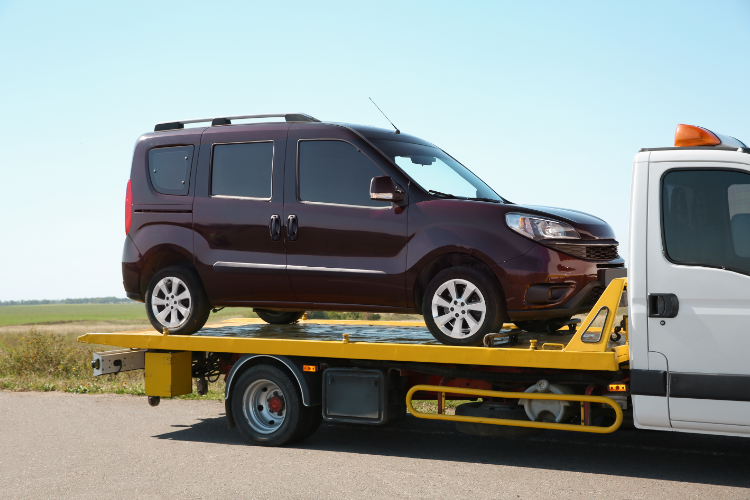
There are two main types of damage you need to look out for when towing a vehicle:
1. Mechanical Issues
One of the primary concerns while towing the car is damage to the mechanical systems. This is particularly true for vehicles with automatic transmissions.
i) Manual And Automatic Transmission Damage
Improper towing can result in severe problems such as mechanical and transmission damage. You heard that right: a “wrong” tow can hurt your transmission. A vehicle with a manual transmission is relatively easy to tow.
However, towing an automatic transmission can be much more complicated. The issue arises when you pull a car with an automatic transmission with all wheels on the ground; it could significantly damage the car.
Pro tip: Experts recommend towing the vehicle with the back wheels on the ground. This can prevent damage to the transmission.
A manual vehicle with the transmission in “park” instead of “neutral” can also damage the car. These vehicles should be towed in “neutral” only. Otherwise, the tow can damage your vehicle’s transmission, linkage, and tires.
ii) Suspension Issues
Improper towing methods could cause severe damage to your vehicle by straining the suspension. This in turn would lead to alignment issues and excessive wear on components like shocks and struts. Since these issues result in costly repairs, it’s essential to clearly understand your vehicle’s specifications before attempting to tow it.
2. Cosmetic Damage
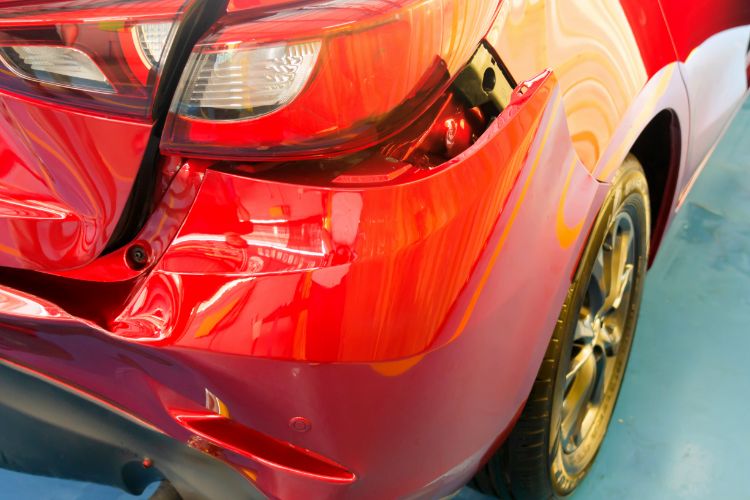
Even if your car is mechanically sound, cosmetic damage is a potential risk. Cosmetic damage occurs if the vehicle isn’t securely fastened to the tow truck or trailer, it can result in dents, scratches, and paint chipping.
i) Auto Body Damage – Scratches and Dents
Cosmetic or body damage is common when a vehicle is towed improperly. Inexperienced tow truck drivers often hook up vehicles incorrectly to their trucks, resulting in exterior damage. Then you have to worry about how the tow truck damaged my car.
These damages include scratches, dents, dings, and damage to the vehicle’s wheels and tires. Loose cables or straps can cause scratches, while sudden jerks can lead to more significant dents.
Pro tip: While these problems might not influence a vehicle’s performance, they are still expensive to repair. When you employ a professional towing company, you should always pay close attention to ensure they correctly secure your vehicle to the tow truck.
ii) Car Bumper Damage
One of the most common types of damage a vehicle might experience while getting towed is car bumper damage. Front and rear bumpers can get scraped or cracked, especially if the hook is improperly positioned to tow your vehicle.
Inexperienced tow truck drivers might even smash your car, causing extensive damage to its bumper. The extent of the damage depends on the size of the truck.
How to Prevent Car Damage When Towing?

You can tow a vehicle safely by following the correct guidelines. The good news is that many of these issues can be avoided with proper preparation and care. Before trying to tow a car on your own or even hiring a towing company, be sure to follow these general instructions:
- Put your transmission in neutral
- Make sure your parking and emergency brakes are off
- The rear wheels should be on the ground, and your rear driveshaft is temporarily removed
- Ask the towing company to use a flatbed truck to tow your vehicle
- Only hire an experienced towing company with trained drivers
Pick the Right Type of Tow
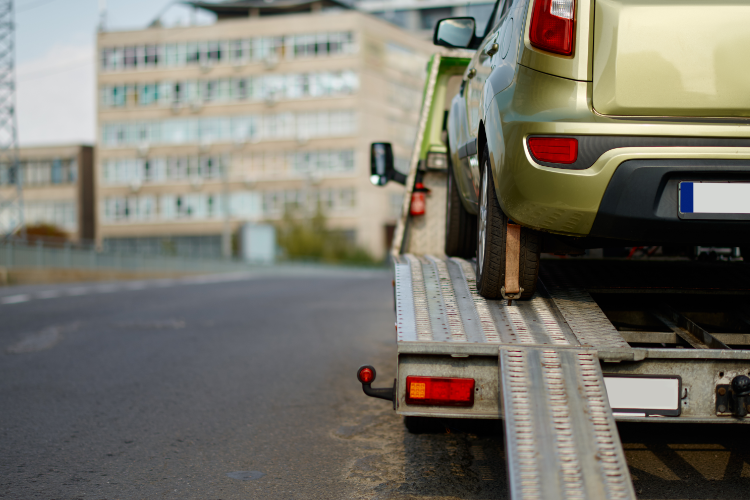
There are several ways to tow a car, and choosing the right one for your vehicle can prevent many of the potential problems mentioned above.
i) Flatbed Towing
Generally, flatbed towing is considered the safest and most popular towing method. It involves a truck with a flatbed that can be lowered to the ground or tilted. The truck will be driven into position, the vehicle driven onto the flatbed, and then secured using chains or straps.
A car being towed this way has all four wheels off the ground, reducing wear and tear. A flatbed truck can safely transport any vehicle, from large trucks, sports cars, and luxury cars to motorcycles and SUVs. One of the most significant advantages of flatbed towing is that it makes loading and unloading in tight spaces easier.
ii) Hook and Chain Towing
Hook and chain towing used to be an extremely popular method, but over the years, it’s become less popular because of its disadvantages. While this can be safe for short distances, it can strain the transmission if done improperly.
This method uses a hook or series of chains that are attached to a vehicle’s chassis. Front-wheel drive vehicles are towed by their front end. Read-wheel drive cars are towed from the back. If your car needs to be towed, you must pick a towing method best suited for your situation and vehicle before you have it towed.
iii) Dolly Towing
A tow dolly lifts two wheels off the ground and is ideal for front-wheel-drive vehicles. However, rear-wheel or all-wheel-drive cars may experience transmission issues with this method. With dolly towing, a small two-wheeled trailer with ramps is used to tow the vehicle. The ramps allow the front two wheels of a car to be suspended off the ground while the rear wheels touch the road.
Dolly towing is recommended for shorter distances. It’s not suitable for longer journeys because it puts tremendous stress on a car’s suspension system. The most significant advantage of dolly towing is that small vehicles can be towed without needing a full-sized tow truck. You’llRV owners often use a towing dolly to pull a small car behind their rig.
Check Your Car Before You Tow
Before towing begins, it’s essential to check your vehicle for any existing mechanical or cosmetic issues. Ensure your car is in neutral and the parking brake is disengaged. Checking these basics ensures your vehicle is ready to move without further damage.
Ensure the Car is Secured
To prevent damage, secure the vehicle properly. If improperly fastened, the car could move or shift during the tow. Car movement while towing can lead to mechanical and cosmetic issues. Double-check all connections and make sure the vehicle is stable before moving.
What Are Other Options for Car Transportation?
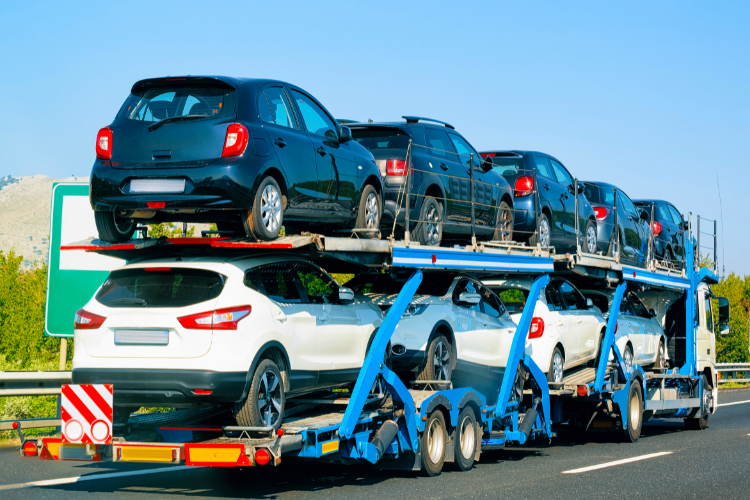
If you’re worried about the risks associated with towing, go for professional auto transport services like Sherpa Auto Transport. Sherpa is driven to provide what every car shipping customer deserves: a transparent and stress-free auto transport experience.
Experienced and professional drivers can be a safer and more reliable option. Auto transport companies specialize in moving vehicles over long distances without stressing your car’s engine, transmission, or exterior. Whether it’s a flatbed transport or an enclosed trailer, auto shipping minimizes the risk of damage compared to traditional towing.
Learn more about: Is Long Distance Towing A Good Option For Car Transport?
Factors To Consider Before Towing Your Car
Some crucial factors should be considered if you want to reduce the risk of damaging your car when it’s being towed.
- The Weight Of Your Vehicle: If your car is too heavy for the tow truck, it stresses your vehicle’s engine, brakes, and transmission unnecessarily. So it’s always a good idea to check that the tow truck is weighted according to your car’s weight before you have it towed.
- The Speed Of The Tow Truck: The condition of your car is also affected by the speed at which the tow truck travels. If the driver drives too fast, it could put needless stress on your car and increase the risk of an accident. We at Sherpa have trained drivers who follow safe driving practices and travel at the appropriate speeds.
- The Condition Of The Road: The condition of the road plays a crucial role in how well your car withstands being towed. If the road is rough or uneven, it could cause additional wear and tear on your car’s suspension system and tires.
- Transmission Type: The type of transmission your car has can also affect how safely it can be towed. An automatic car shouldn’t be dolly-towed or hooked up with chains. The safest method for an automatic car is on a flatbed.
Preventing Car Tow Damage FAQs
How do you protect your transmission when towing?
Ensure the vehicle is towed with the drive wheels off the ground to protect your transmission. You can also opt for flatbed towing, in which the entire car is lifted onto the truck.
Does towing shorten the life of a vehicle?
If done improperly, yes, towing can lead to issues that may shorten the life of your vehicle, particularly in terms of wear on the transmission, suspension, and brakes.
Is towing bad for an engine?
Towing generally doesn’t harm the engine as long as it’s done correctly. However, towing with the wrong method, such as using the wrong gear, could cause overheating.
Is it better to tow with a manual or automatic?
Towing a manual transmission vehicle is generally more accessible because you can keep it neutral without worrying about the transmission. With automatic cars, extra precautions are needed to avoid transmission damage.
Can you mess up a car by towing it?
Absolutely, yes, you can. Towing a car can cause damage to it, depending on how it’s done and what type of car you have. Common types of towing damage include bumper, tire, windshield, and transmission.
What can go wrong with towing?
Many things can go wrong when a car is being towed. Some cause severe damage to the vehicle or even injury to the people involved.
Here are a few of the more common risks associated with towing:
- Deflated tires
- Windshield damage
- Body dents
- Scratches to the interior
- Alignment issues
What happens if you tow too much?
Towing your car too much can lead to various types of damage to the vehicle, both cosmetic and mechanical.
Some possible issues include:
- Transmission damage
- Deflated tires
- Windshield damage
- Body dents
- Alignment issues
- Scratches to the interior

